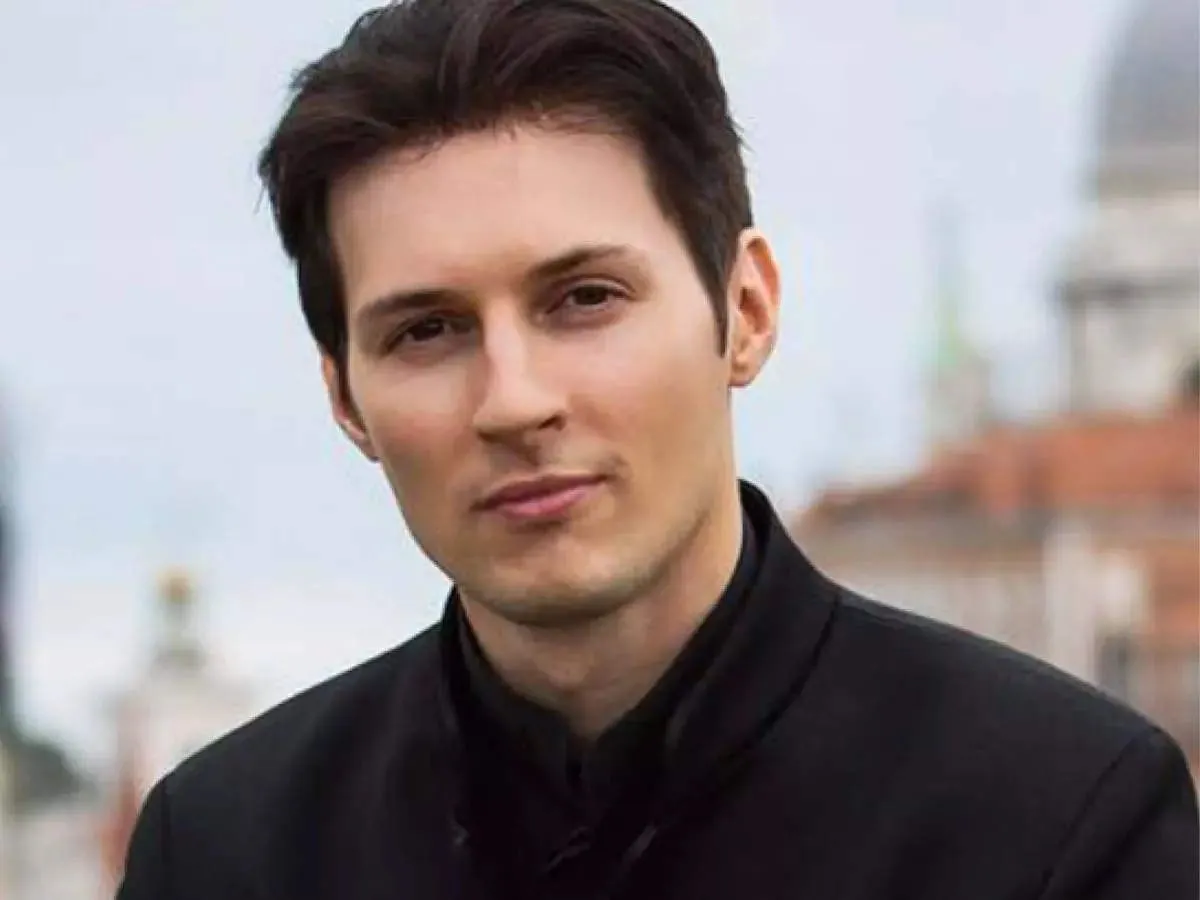Telegram Founder Pavel Durov Arrested in Paris, Company Responds
Pavel Durov, Telegram's CEO, was arrested near Paris. The company claims innocence and compliance with EU laws. The arrest is linked to alleged moderation issues on the platform.

Pavel Durov, the founder and CEO of Telegram, was apprehended at Le Bourget airport near Paris on August 24, 2024. The 39-year-old entrepreneur, who holds dual French and UAE citizenship, was taken into custody shortly after arriving on a private jet from Azerbaijan.
Telegram, the messaging platform with nearly 1 billion users, promptly issued a statement addressing the situation. The company asserted its compliance with European Union regulations and maintained that its moderation practices align with industry standards. Telegram emphasized that it would be unreasonable to hold a platform or its owner accountable for misuse of the service.
"Telegram's CEO Pavel Durov has nothing to hide and travels frequently in Europe. It is absurd to claim that a platform or its owner are responsible for abuse of that platform."
The arrest stems from a preliminary police investigation into alleged insufficient moderation on Telegram and a lack of cooperation with law enforcement. French authorities, including a cybersecurity unit and the national anti-fraud police, are spearheading the inquiry.
Durov's detention has sparked international reactions. Russian officials cautioned Paris to respect his rights, while Elon Musk, owner of X (formerly Twitter), criticized the arrest as an attack on free speech in Europe.

The Telegram founder's journey to this point is noteworthy. In 2014, Durov departed Russia after refusing to shut down opposition communities on VK, a social media platform he had created. This experience inspired the creation of Telegram, an encrypted messaging app that has gained significant influence, particularly in former Soviet republics.
Durov, whose net worth is estimated at $15.5 billion by Forbes, has described his political views as libertarian. In April 2024, he stated that some governments had attempted to pressure him but insisted that Telegram should remain a neutral platform, uninvolved in geopolitics.
The messaging app has faced both praise and criticism. While it's lauded for its privacy features, including end-to-end encryption and self-destructing messages, it has also been scrutinized for potential use by extremist groups. Telegram has encountered bans or restrictions in several countries, including Russia and Iran.
As the situation unfolds, the tech community and international observers await further developments. The arrest of Durov raises questions about the responsibilities of platform owners and the balance between free speech and content moderation in the digital age.


































